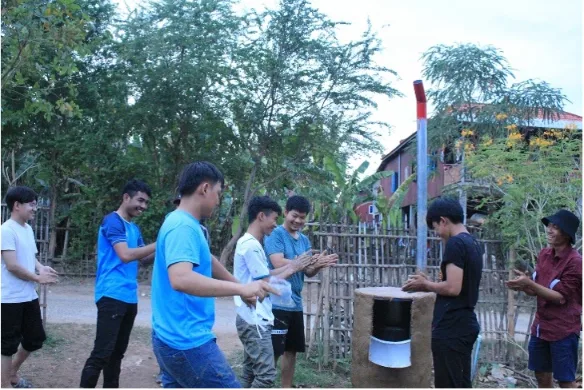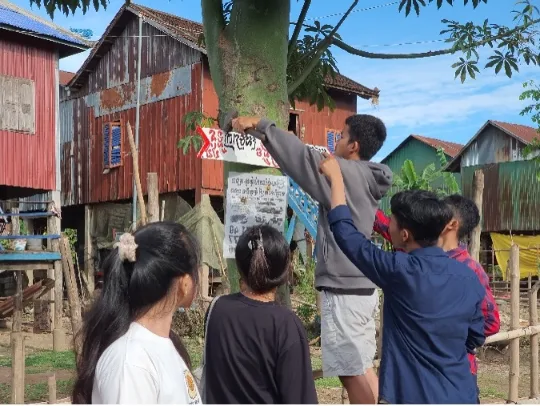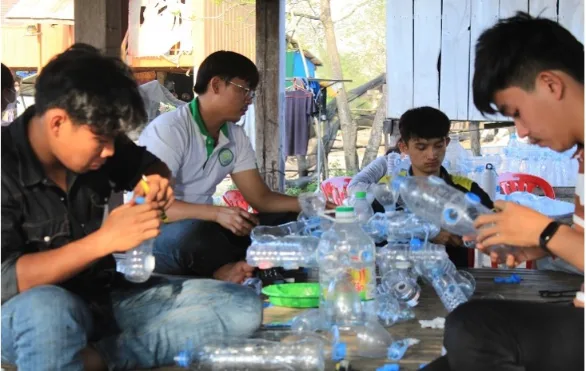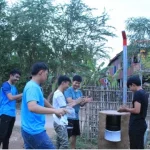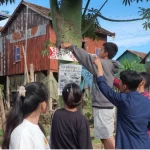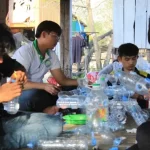Teacher: Socheat Nhip

Socheat Nhip
Socheat is a community leader who co-founded a youth group called Alumni for Soft Skills Development (ASD), with another six professionals. She is deeply committed to the cause of Cambodia’s human capital development and sustainability. It is her mission to support others with empathy and compassion. She is currently an ASD Organizational Lead. Socheat builds on strategies grounded in human-centred design and offers critical thinking and soft-skills training/ workshops to help young people transition successfully into their professional roles. Socheat is also an experienced certified coach and facilitator and has nine years of professional and personal experience working with groups and individuals. She works to connect people with their deepest purpose and develop tangible and lasting skills and mindsets that take them closer to that which they seek. With a curiosity in people and what motivates and inhibits them, it is her desire to see them develop and flourish which drives her.
Overview
Impact Circle is implemented by Alumni for Soft-skills Development (ASD). It is a project that targets environmental and sustainability related community issues in the Mekong River area of Tboung Khmom province, Cambodia. High school and university students are invited to be part of the solution development process. The students work closely with local people to tackle specific issues affecting the community.
Theory of Change
The project involves students living in the community they are working with for seven days. Through this process the students develop a deep understanding of the community’s environmental issues and develop a solution that is informed by the community context and culture. The students bring knowledge and skills which are leveraged to provide a sustainable solution to the issue.
Approach and Actions
Over the last year, the project has successfully been implemented in a community consisting of two villages. A small budget was used to send students to stay in homestays within the community which had identified environmental issues, the students stayed in the community for seven days using the small budget to develop a tangible solution to the issue. The students spent their time observing and discussing the issue with local people and using a human centred design approach to develop an appropriate solution.
In the communities domestic waste management was identified as a particular issue, local people identified the act of throwing rubbish into the Mekong River and around their houses as widespread in the community. In one community it was identified that the rural community members had a poor knowledge of domestic waste management generally and specifically to alternative options to disposing of waste in the river. After observation and discussion between local people and the students, a waste incinerator was built for the local people and a signboard campaign- to discourage people from throwing waste in the river- was conducted in the villages. These actions aimed to raise awareness about domestic waste management and change people’s behaviour so that they dispose of waste responsibly.
The project had an inbuilt feedback mechanism, local people were invited to give feedback to the students during the development of the solution and after its implementation, this allowed the communities to refine the solution to meet their needs. The feedback mechanism was used successfully to improve the solution so that it was more effective in the context it was designed for.
Impact
Since taking part in the project the students are now conscious of their role in solving climate change issues in local communities. Through taking part in the project the students developed a strong sense of being agents of change who can play an important role in assisting communities to deal with their problems. The students also built good relationships with the community they worked with and now see a high value in engaging with communities to solve climate change issues.
